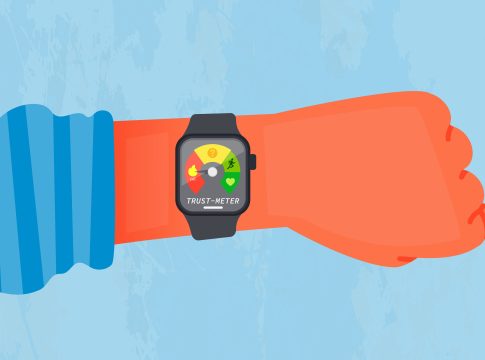Unpacking Wearable Tech Accuracy: What You Need to Know
Wearable technology, like the Apple Watch, has become a staple for many fitness enthusiasts and casual exercisers. These gadgets promise to help you track everything from steps taken to calories burned, but how reliable are they? Recent research from the University of Mississippi sheds light on the strengths and limitations of these devices.
The Research Behind the Numbers
Led by sports analytics expert Professor Minsoo Kang and doctoral student Ju-Pil Choe, the study reviewed 56 separate investigations comparing the accuracy of the Apple Watch against trusted reference tools. Their goal? To understand whether these devices can be relied upon for making informed fitness and health decisions.
Key Findings:
- Heart Rate: Generally reliable with an average error margin of just 4.43%.
- Step Counts: Fairly accurate, but with an error rate of 8.17%.
- Calories Burned: Much less reliable, with a concerning error margin of 27.96%.
While the Apple Watch offers decent insights into heart rates and step counts, its calorie tracking leaves much to be desired. This inaccuracy can affect everyone—from athletes to beginners—possibly leading to confusion or misguided workout decisions.
A Tool, Not a Replacement
Though the Apple Watch can be beneficial for tracking your daily habits, it should never replace professional medical advice or clinical tools. Kang emphasizes that while these devices are excellent motivators, one must treat the numbers they present as guiding estimates rather than absolute truths.
"Think of it as a helpful guide," Kang advises, "not a diagnostic tool."
Newer Models Show Promise
Excitingly, the research indicates that newer Apple Watch models are becoming increasingly accurate. Choe mentions a trend of gradual improvements, which is encouraging for consumers looking to invest in more reliable health tech.
Making Informed Decisions
For anyone considering a wearable fitness tracker, here are some key takeaways:
- Don’t Rely Solely on Data: Use the numbers as a starting point, but consult health professionals for critical medical judgments.
- Keep Up with Technology: If you’re in the market for a device, consider opting for the latest models for the best accuracy.
- Be Aware of Limitations: Understand that while these devices can aid in your fitness journey, they are not infallible.
Your Fitness Journey
Whether you’re a busy professional looking to keep track of your activity, a weekend warrior, or someone just starting to embrace fitness, wearable devices can provide valuable insights. The key is to harness the information they give and combine it with other healthy habits and medical advice.
Taking a balanced approach will help you make the most of these innovative tools while steering you clear of potential pitfalls. In the end, the goal is to empower yourself on your fitness journey—so embrace technology, but keep your health savvy!

Covers wellness, nutrition, mental health, and daily life tips.
Bio: Talia brings a background in health journalism and holistic living to help readers live better, one tip at a time.

